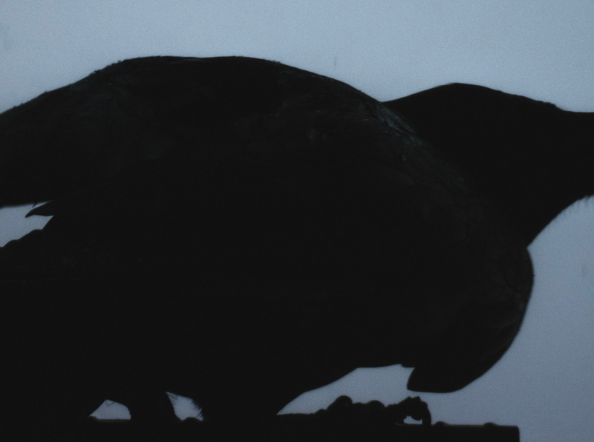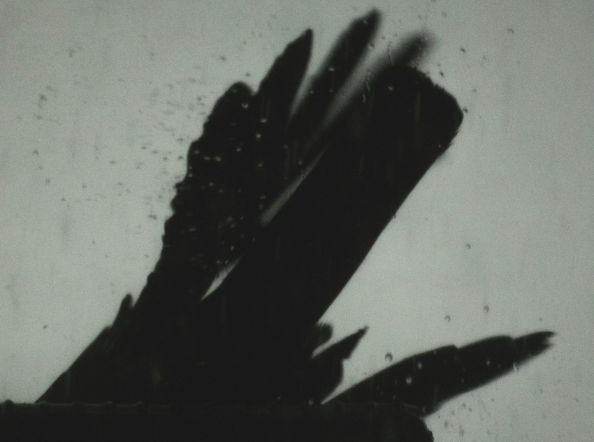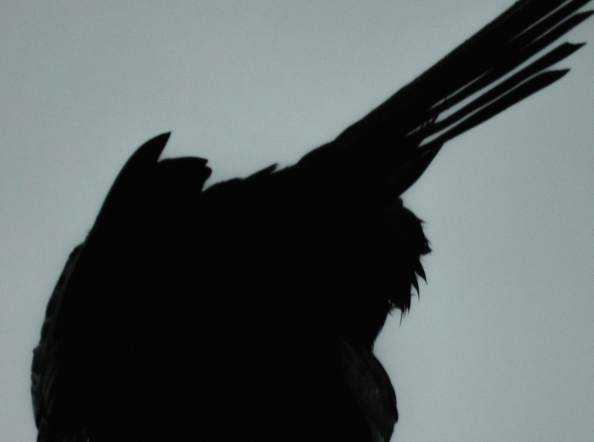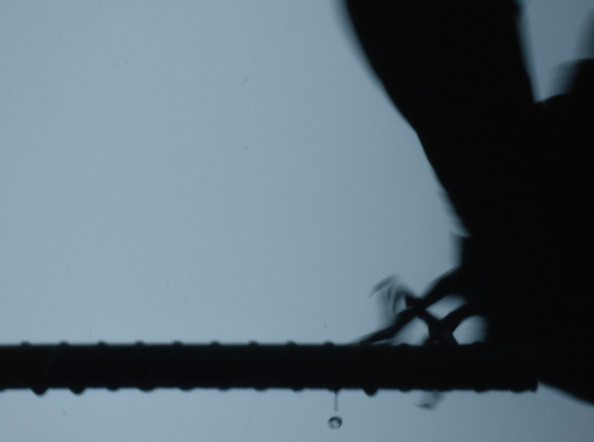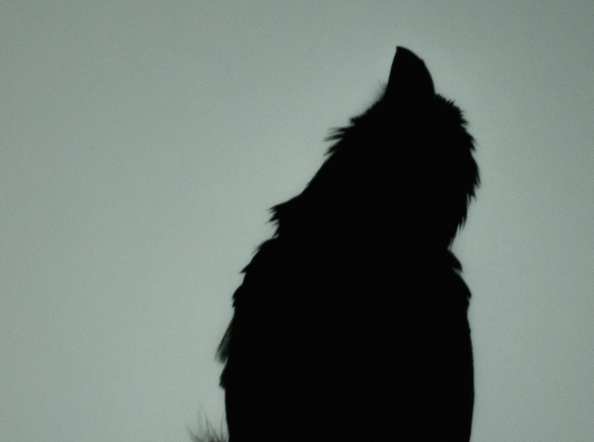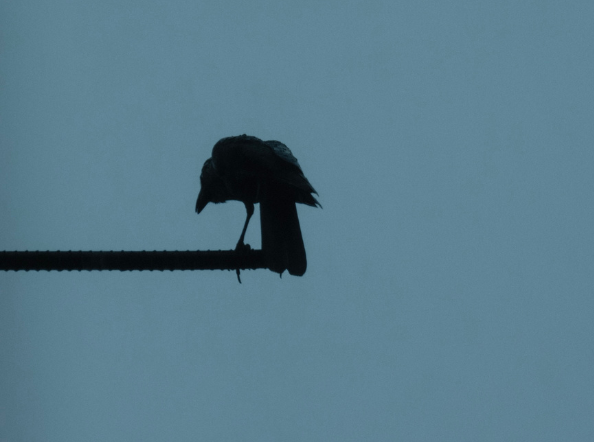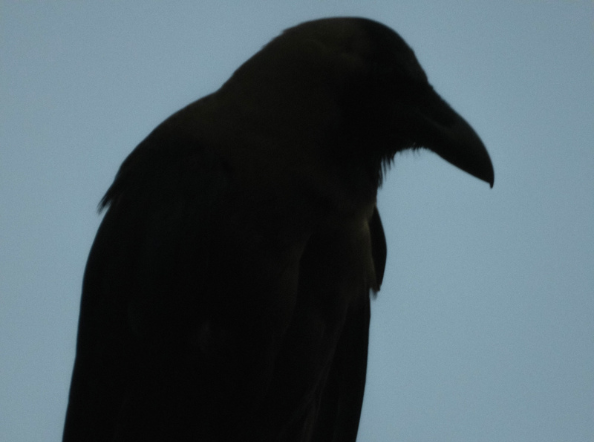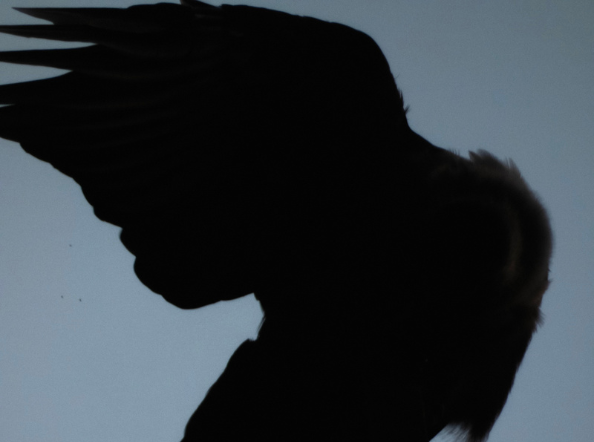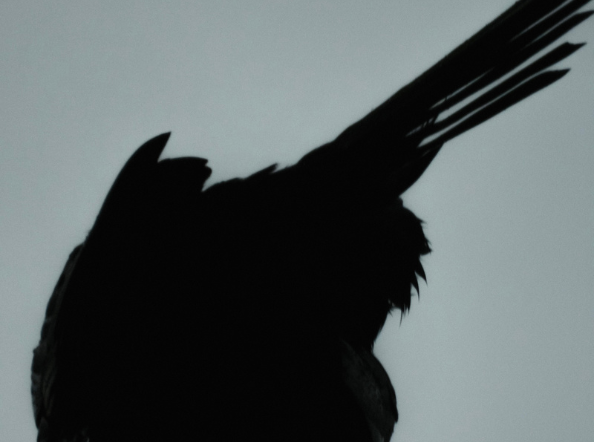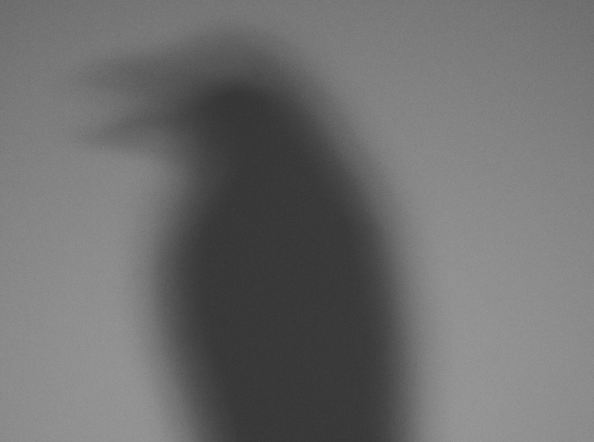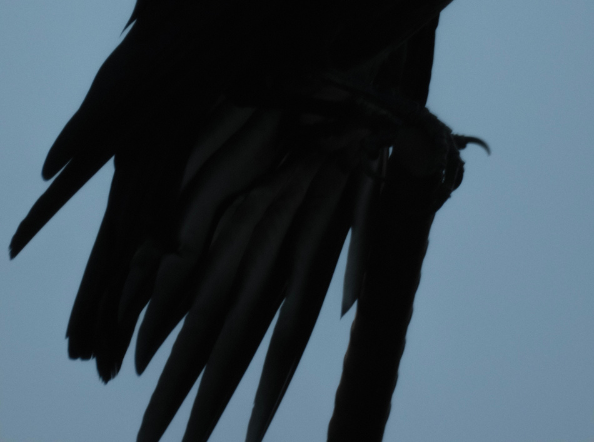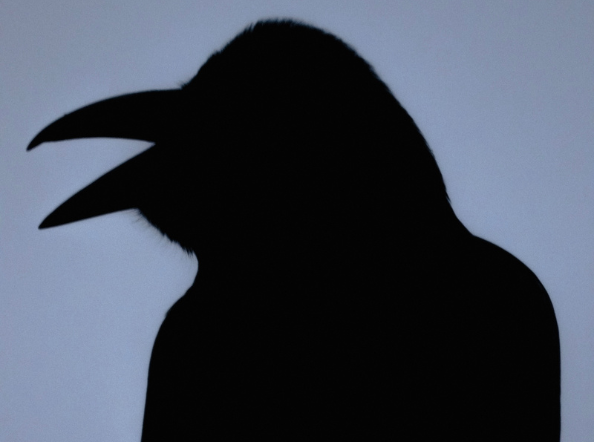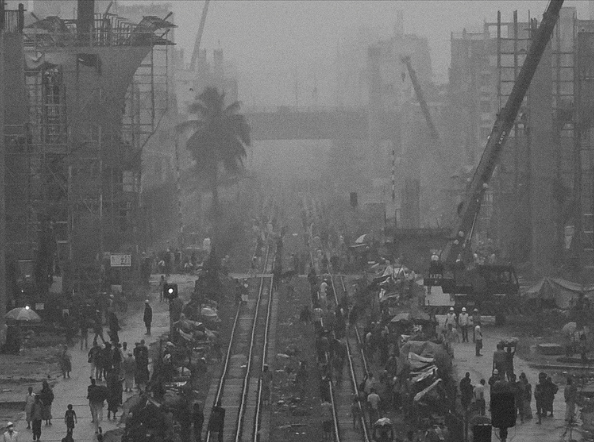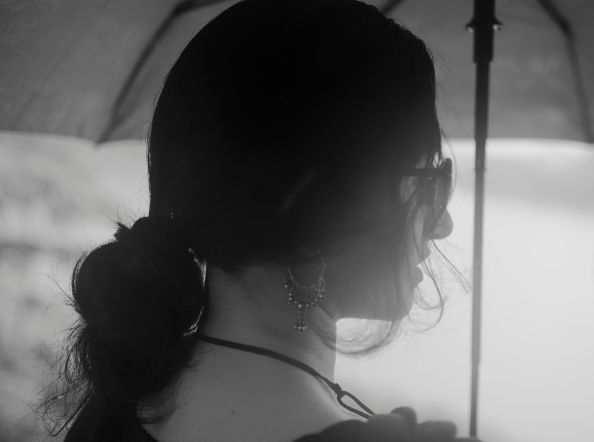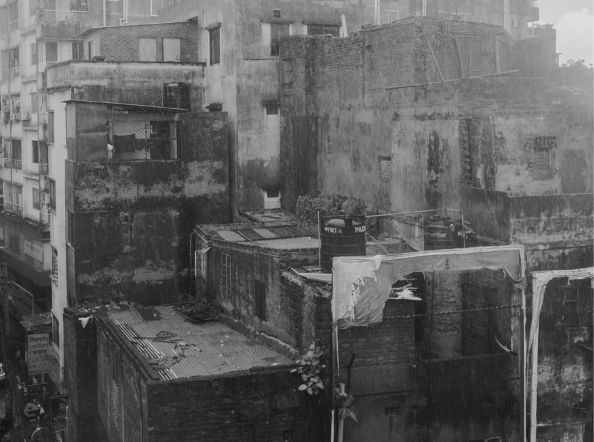-
Exhibitions
- Shadows in the Sky |
Solo Show
- — Sarker Protick
Darkness dissolves as ink in the sky, pomegranate seeds erupt in a mother’s hand, and pillars of concrete stand unmoving, caught in the stupor of progress. The rain remains as a scent, an exuberant disorder, a lingering drop in the frame. In Akash Kalo Megh (Shadows in the Sky), Protick Sarkar excavates the circadian image, steeped in the minor durations that comprise the weft of biographical time—all the works on display germinate in his hometown of Dhaka, in the radius of the neighbourhood he has always lived in. Under the Dhaka sky, familiar images ripple against all that is altering at the speed of capital, scenes unfurl in lento in his mother’s home where time is not bent to history and tenderness and resilience abide, and in the prescient gaze of crows that move seamlessly from domestic architraves to the vast sky. Sarkar beholds his mother’s life in the minutiae of the everyday, the threads of her many selves—a woman, a worker, a mother—are interlaced with remnants of her past; a portrait punctuated by both song and silence. Through the window of her home, Sarkar observes a murder of crows—their oblique silhouettes as opaque, inscrutable, and enigmatic as their journeys in the sky. Treading the orbit of this neighbourhood are encounters with scaffolds of an unfinished railway track that is suspended in time, mirrored in the pools of rainwater gathered at their bay. These are relics of the many stalled projects to be found in the megacities of the Global South, hurtling towards an anaesthetic future. Claws of construction cranes frozen mid-air dot the horizon against which Sarkar makes portraits of his partner and others—a ritual of their walks through the detritus of development that skirts their neighbourhood, as life annotates even that which is forsaken. Drawing from the reservoir of lived time, Akash Kalo Megh dwells between the observed and that which escapes being known, the image and its ineluctable unconscious, the drenched sky and the light which arrives after the rain.
Text by Arushi Vats
